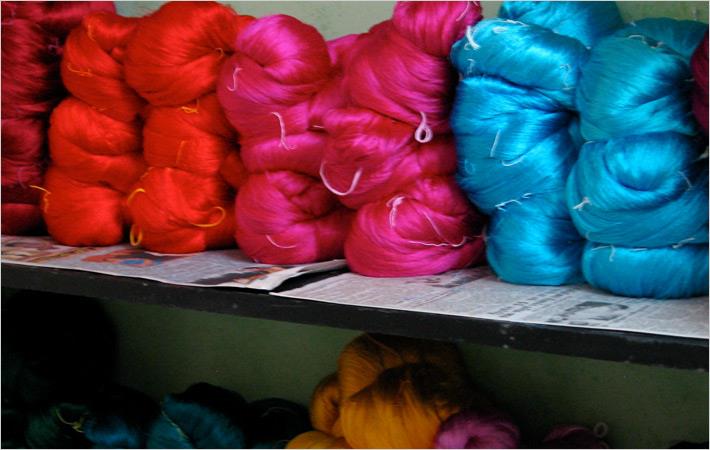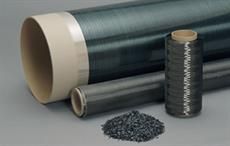Researchers at a Shanghai laboratory have transformed silk into screws to stabilize skull bones during brain surgery. They extracted silk proteins from the cocoons of the Bombyx mori silkworm and converted those into fixing devices like screws and linking stripes. After animal trials, the devices’ properties like strength and toughness have been improved.
Led by Mao Ying, vice president of the Fudan University's affiliated Huashan Hospital, and Tao Hu, researcher of Shanghai Institute of Microsystem and Information Technology, the research results were published in a recent issue of ‘Advanced Healthcare Materials’ journal, a Chinese news agency reported.Researchers at a Shanghai laboratory have transformed silk into screws to stabilize skull bones during brain surgery. They extracted silk proteins from the cocoons of the Bombyx mori silkworm and converted those into fixing devices like screws and linking stripes. After animal trials, the devices' properties like strength and toughness have been improved.#
Earlier, screws were usually made of metals, which were likely to cause foreign-body sensations resulting in discomfort, infection and immunological rejection.
“Compared with metal or chemical materials, silk devices have outstanding biocompatibility that induces no foreign-body reaction, and controlled degradation without generating hazardous residues," said Tao.
The silk devices include a chip-shaped film that can wrap within itself medicine, which will be released to treat inflammation and heal injured tissue when the silk proteins start degrading in the brain. Silk is also much cheaper.
The devices are likely to complete clinical trials within the next five years. (DS)
Fibre2Fashion News Desk – India


